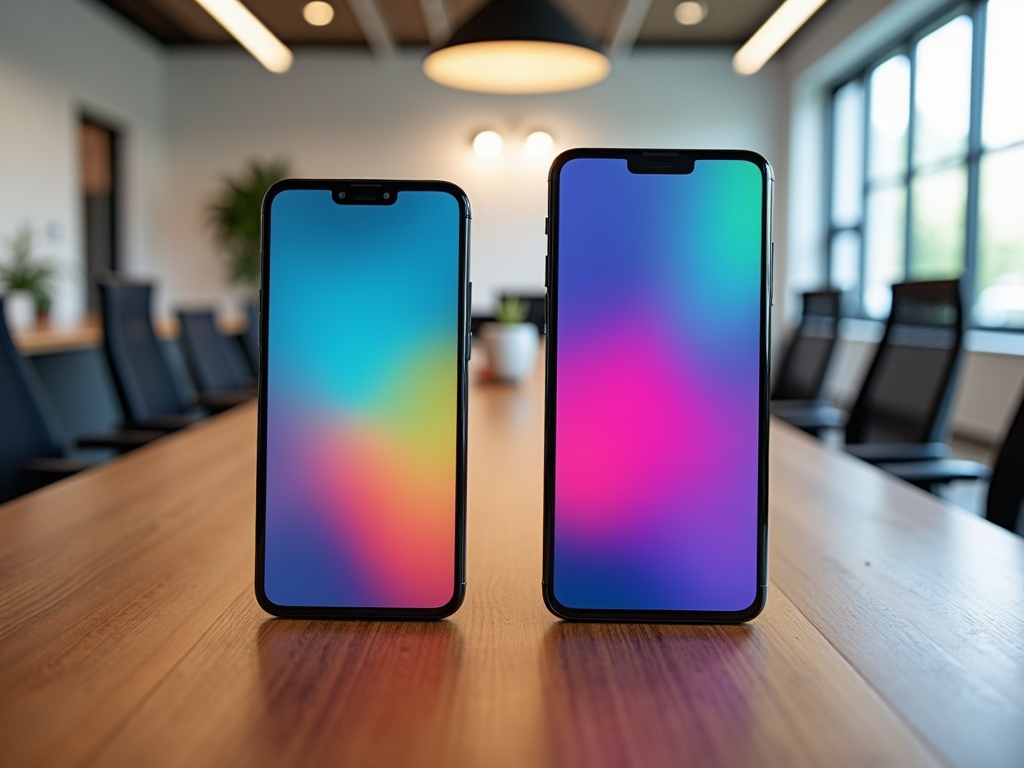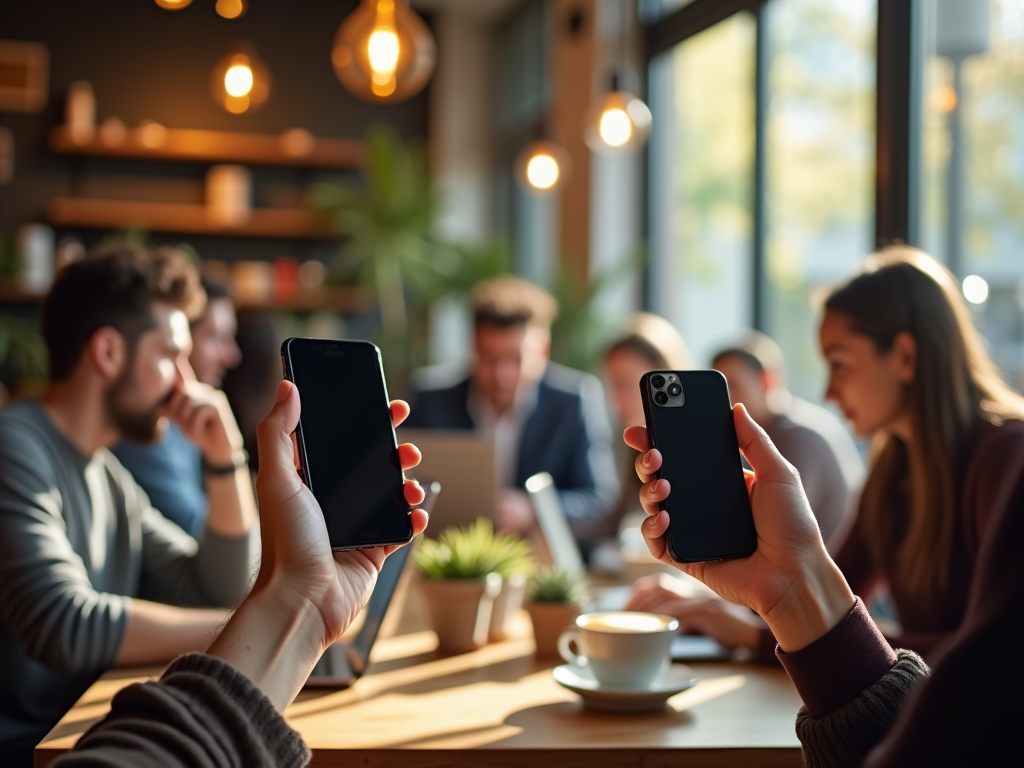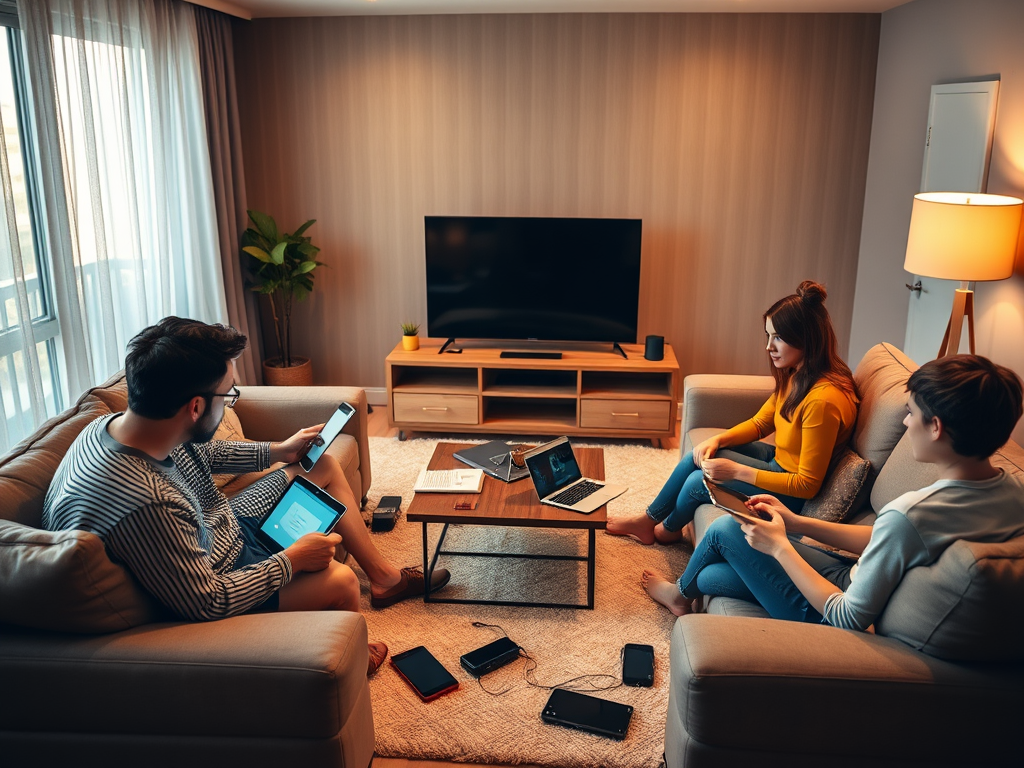Choosing between Android and iOS can be a daunting task for many users. Both operating systems offer a plethora of features, apps, and unique benefits, making them suited for different types of consumers. Ultimately, the better option hinges on your personal preferences, lifestyle, and how you intend to use your device. In this article, we will delve into various aspects of Android and iOS to help you decide which platform suits you best.
The Ecosystem

One of the primary differences between Android and iOS lies in their ecosystems. Android is an open-source platform that allows for a wider array of devices, brands, and customizable options. This flexibility means you can find Android phones at various price points from numerous manufacturers such as Samsung, Google, and OnePlus. In contrast, iOS is designed to work exclusively with Apple devices, which include the iPhone, iPad, and iPod Touch.
This closed ecosystem often translates to more seamless integration between devices for iOS users. For example, features like Handoff, AirDrop, and Universal Clipboard allow smooth functionality across iPads, Macs, and Apple Watches. If you’re already deeply invested in Apple’s ecosystem, opting for iOS enhances the experience with synchronized services and easy transitions between devices.
However, Android’s ecosystem offers flexibility that might appeal to users who desire customization and variety. With Android, you can change your home screen, choose default apps, and even install different app stores. This variety accommodates different user preferences, making it a great option for those who want to personalize their experience.
App Availability and Quality

When it comes to apps, both Android and iOS boast millions of applications available for download. However, the quality and availability can differ significantly between the two platforms. iOS typically receives apps and updates earlier than Android due to Apple’s focus on quality and testing. Developers often prioritize the iOS platform because of its user demographic and monetization potential.
Here’s a quick breakdown of app availability:
- iOS Apps: Generally launched sooner and often better optimized.
- Android Apps: Variety in terms of free apps, but with a higher chance of encountering less polished options.
- Cross-Platform Apps: Many apps are available on both platforms, but functionalities may differ.
If having access to the latest and greatest apps is vital to you, iOS might be the better choice. On the other hand, if you’re more interested in free applications and are willing to explore lesser-known options, Android offers that flexibility without any financial commitment.
Customization is one of the areas where Android shines brighter than iOS. With Android, you have the liberty to tweak nearly every aspect of your device—from home screens to widgets, and even the entire user interface. You can change themes, icons, and even install custom ROMs if you’re inclined towards advanced modifications.
On the flip side, iOS is more restrictive in terms of customization. Although it has improved over the years to include features like widgets and app libraries, the core structure remains relatively unchanged. Users may find it tough to alter their devices to match their personal tastes. The emphasis on a uniform design helps maintain simplicity and ease of use, but at the expense of individuality.
Ultimately, if customization is a priority, Android’s flexibility is unmatched. However, if you prefer a straightforward, intuitive interface without the need for major tweaks, iOS may align more closely with your needs.
Security and Updates
When it comes to security, both platforms have stringent measures in place, though their approaches differ. iOS is renowned for its rigorous security protocols, benefit from closed governance. Apple provides regular updates for all its devices, allowing users to stay secure with minimal effort. This uniformity ensures that even older devices receive critical patches, making the system less vulnerable to malware and threats.
In contrast, Android’s open-source nature can lead to inconsistencies in security updates. While Google regularly rolls out updates, it’s ultimately up to manufacturers to deploy them on their devices. This can lead to significant delays, especially for lower-end models. Nonetheless, recent versions of Android have introduced improved security features, minimizing risks. Here’s a brief comparison of security aspects:
- iOS: Regular, timely updates across all devices.
- Android: Updates can vary, leading to potential vulnerabilities.
The decision between the two may come down to how much you value timely updates and security features. If these are critical for you, iOS holds a significant advantage.
Conclusion
In wrapping up the debate between Android and iOS, the decision ultimately comes down to personal preference and lifestyle. Android offers greater customization, a wide range of devices at various price points, and flexibility with apps. iOS, on the other hand, excels in security, seamless integration within its ecosystem, and a smoother app experience. Analyze your needs, consider your usage habits, and choose wisely based on the factors that matter most to you.
Frequently Asked Questions
1. Can I use Google services on an iPhone?Yes, you can use various Google services like Gmail, Google Maps, and Google Drive on an iPhone, as they are available as separate apps on the App Store.2. Are Android devices more affordable than iPhones?Generally, Android devices offer a wider price range, including low-end, mid-range, and high-end options, making them more accessible for budget-conscious users.3. Is iOS more user-friendly than Android?Many users find iOS more straightforward and intuitive due to its consistent interface, which has minimal customization options compared to Android.4. Can I change the default apps on Android?Yes, Android allows you to select default apps for web browsing, messaging, and more, giving you more control over your device experience.5. Which platform gets updates faster?Typically, iOS devices receive updates immediately upon release because of Apple’s control over both hardware and software, while Android updates are dependent on manufacturers.



